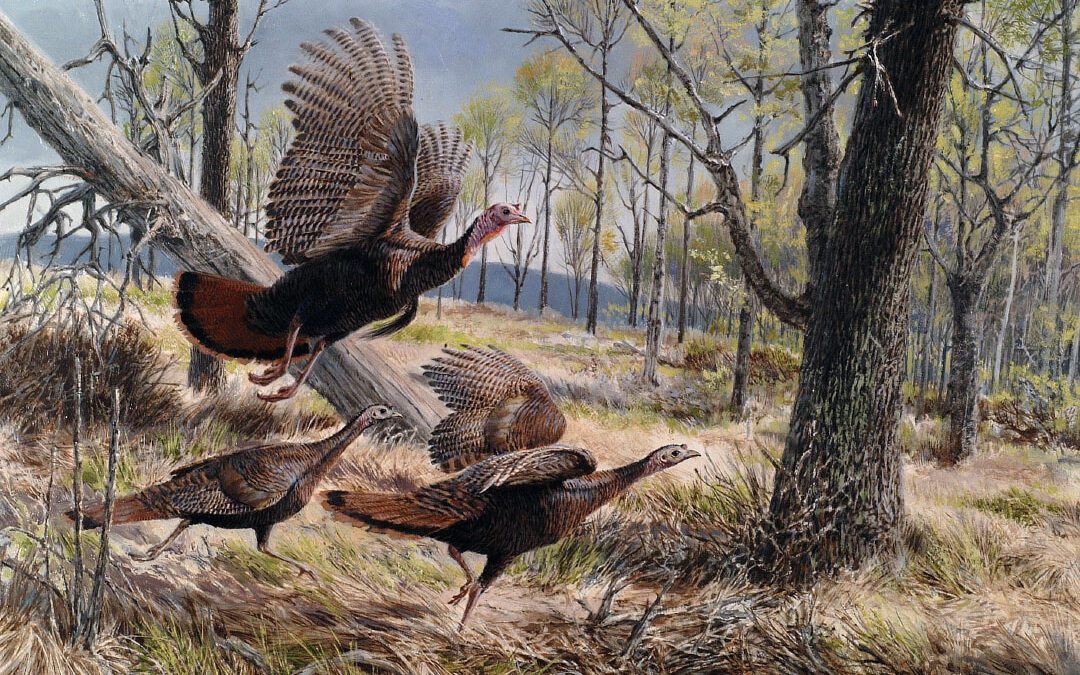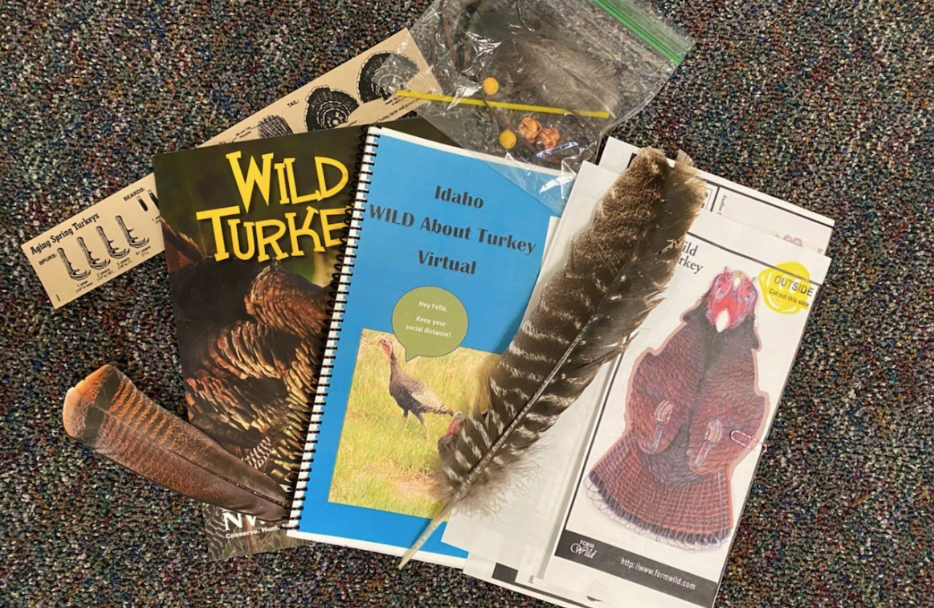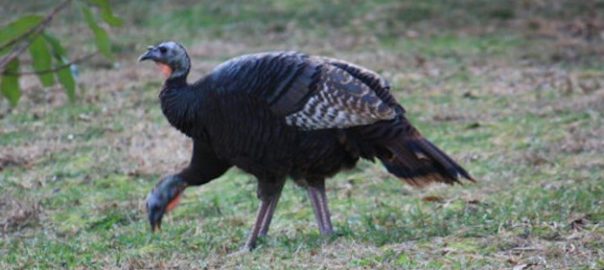Me and Poach and the Window Wizard, walking this scrubby sheep pasture west of town. Sheep got buck teeth and clip the grass right down to the dirt. Canada thistle and prickly ash take over, tight clumps around the boulders the glaciers brought when they came and forgot to take when they left.
Northwest Minnesota, 30-odd years ago.
There was no earthy use for thistles, except in Hellfire Holiness sermons, as they are specifically mentioned in the creation story, God’s punishment for Adam and Eve partaking of the Forbidden Fruit, Yea and thistles shall spring up in thy footsteps or some-such. I enjoyed my share of forbidden fruit in those days and I had thistles to prove it.
Thistles have hollow stalks and if you were lucky enough to cut them before an approximation of Noah’s flood, rainwater would fill the hollows and rot the roots. Otherwise, the only spray that would kill them was Roundup, which kills everything, including you if you get enough on you, God getting the last laugh, as always.
But that prickly ash was a valuable medical commodity. Tea from the bark would ease a sore throat. A spine drove into the gum would numb a toothache. Running through it naked would discourage suicide.
Ah, the Land of Sky-Blue Waters where the lovely green timbered hills grudging gave way to the Great Plains. The twists and turn of the Pelican River remaining the line of demarcation in a ten-thousand-year dispute. Fishing was predictably wonderful in the lakes upstream and hunting is always superb in broken country like that. Ducks, deer, bear, grouse, cottontails, even the occasional moose, but no turkeys in those days.
But wait. There was no turkey season but perfect turkey habitat along those willows, cattails, thistles and prickly ash in a forty-mile course from Height of Land Lake, a thousand feet downhill to its conjunction with the Ottertail. And from the Ottertail to the Red River of the North, meandering indifferently toward Hudson Bay.
Gimmie some turkeys!
We got ’em, entirely by accident.
Some years previous, farmers had pooled their money and built a co-op processing plant, West Central Turkeys, Inc., that in its heyday butchered 60,000 birds a day. Bronze turkeys, Pilgrim Perfect Thanksgiving Greeting Card turkeys, indictable from wild stock. Glorious toms and hens busted loose, loading, unloading, took to the river bottom and avoided the tender mercies
of the kill line.
Coyotes, eagles and red-tails got their due but they could not keep up.
Tender mercies.
There was a profound cultural display when the kill line women got paid and hit the Blue Water Supper Club come sundown each Friday.
Those of us that knew the joint best called it the Slough Water.
Oscar was a woman who dressed like a man, like most of the kill line. She was sitting with Delyle, about half drunk-up, when Delyle rudely alluded to her sexual preferences, which were varied and considerable. They were cousins but that didn’t matter much and I was right there amongst them when Oscar leaned across the table, her nose to Delyle’s nose and said, “I could reach out right now and cut your damn throat before you could even blink!” Delyle reared back in his chair, instinctively clutched his neck. “You wouldn’t do that, would you?”
“Yes, I would and it would be just like sticking another damn turkey.”
Such was life in the Pelican River Valley when the turkeys busted loose.
But I digress. There was me and Poach and the Window Wizard out in the scrubby sheep pasture trying to rustle up some birds. It was early October, too late for bear, too early for the rest. Poach was a mechanic for the school bus barn and a crack shot with a rifle. The Window Wizard had a route through small towns thereabouts, cleaning plate glass storefronts and selling marijuana to a select clientele. His business card read: “Window Washing and Philosophy. We Help You See Better.”
Indeed he did, 20-20.
I carried my faithful Remington bolt action .22, a tube-feed stuffed with standard velocity long-rifles. It was deadly on squirrels and cottontails and made no more noise that a pellet gun. Poach had one of those marvelous Marlin 39s, a tack-driving all steel lever action .22. Can’t recall what the Window Wizard carried, maybe a .410, maybe just a pack of rolling papers. We’d tried to get on those birds two or three times already. But those beady-eyed bastards always eluded us, skittering between the rocks, thistles and prickly ash and we never got a shot. By now they knew the truck and would make tracks soon as we let off on the foot-feed.
High time for Plan B.
The landscape in those parts was laid off in sections, as was all of the old Louisiana Purchase. A section was six hundred and forty acres, one square mile. Section lines were reserved for public roads and remained public even if no road had been constructed, often the case. A man might get his ass shot off in Arkansas, Missouri or Tennessee, but not here, so long as he walked a section line, or some reasonable approximation of it.
We scouted and there the birds were, 30 or 40 of them, slap in the middle of that old sheep pasture. They knotted up and eyed us nervously but we kept on driving and they went back to scratching up lunch, grasshoppers and weed seeds that time of year. We circled around and came at them from another direction. Half mile away, the boys eased to a stop and let me out. I walked a section line between a scrubby stand of oaks and a scrubbier stand of corn. When I got to the sagging old sheep netting, I waited in ambush.
By and by I heard them come, clucking, clacking, squawking, squeaking, rattling, a racket like you never heard, like some old derelict disc harrow running down a hard-packed gravel road. They hit the sheep fence, then ran alongside it. Ninety seconds, they’d be in my lap. I drew a bead on the lead bird, a 16-pound tom. The trigger was half-way down when—damnit all—there was Poach coming uphill along the fence, pushing the birds, right in the line of fire. I got his attention with a hand-wave, motioned “get down” with my index finger. He did, hidden now by the swell of the hillside.
Me and Poach with the turkeys in between, the Window Wizard somewhere off in the ozone on the left flank, woven wire to the right. The netting was indifferently hung from steel T-posts but every so often was stapled to hand-split white oak from pioneer times, rot-proof, weathered and hard as stone. A jake-bird flew up, lit briefly atop the post, fluttered to the ground on the safe side. Then another did the same. I believe the entire flock would have followed one by one, had it not been for the little Remington.
Third bird was a mature tom. I took him with a head shot. He rolled, flapping, flopping, flipping in the dirt. The commotion almost muffled the negligible report of the next shot. Two flailing birds surely muffled the sound of the third, but finally the flock bolted, some running, some flying, some a bit of both, back across the sheep pasture, chancing the Window Wizard, who did not shoot.
The day was yet young so we butchered those birds at my place, then got over three domestic geese, dark-thirty by the time we got done. We split all of them, wired half a goose to half a turkey and the following afternoon put them all on a rack over hard maple coals, greasy geese on top, self-basting. A couple of ricks of maple and a fifth of whiskey for the participants, some serious powwow on the pickup tailgate with the Window Wizard’s contribution much involved and appreciated.
Paula Dean would have been right proud.
That scenario was repeated the next two or three Octobers, but the Pelican Valley Sportsman’s Alliance, doctors, lawyers, insurance and real estate men from a half-dozen towns thereabouts, eventually partnered with the game department to introduce genuine wild turkey stock and pretty soon there were turkey tags, a limit and a season cleverly designed to coincide with the spring hatch of ticks. One morning sitting in tall grass with my back to a tree was sufficient to dampen my enthusiasm for that enterprise. And while there might be any number of men who could differentiate between a wild bird and a feral bronze one without DNA analysis, alas, I was not among their number.
And so I gave it all up. But it was fine sport and some mighty fine eating those years when the turkeys busted loose.
This article originally appeared in the 2020 Guns & Hunting issue of Sporting Classics magazine.




